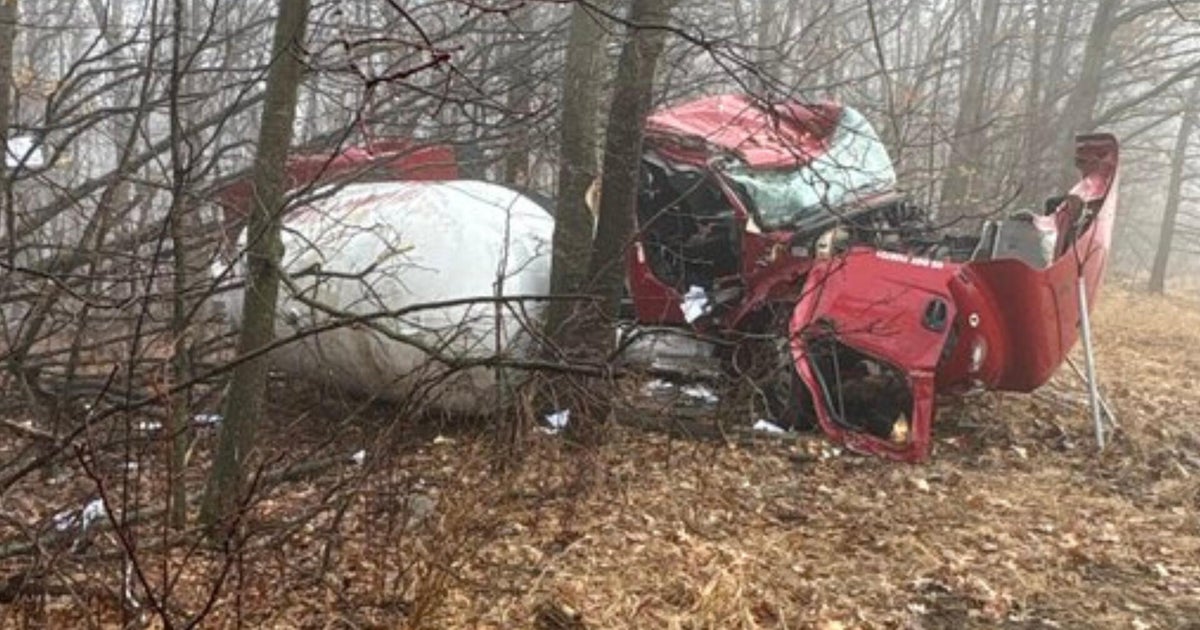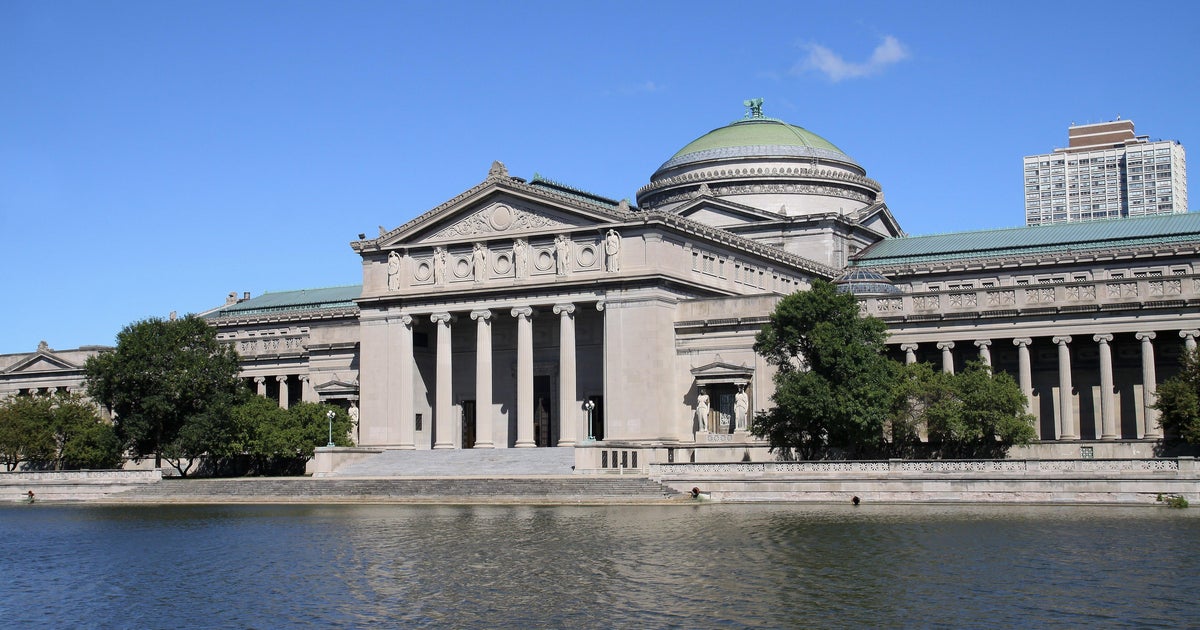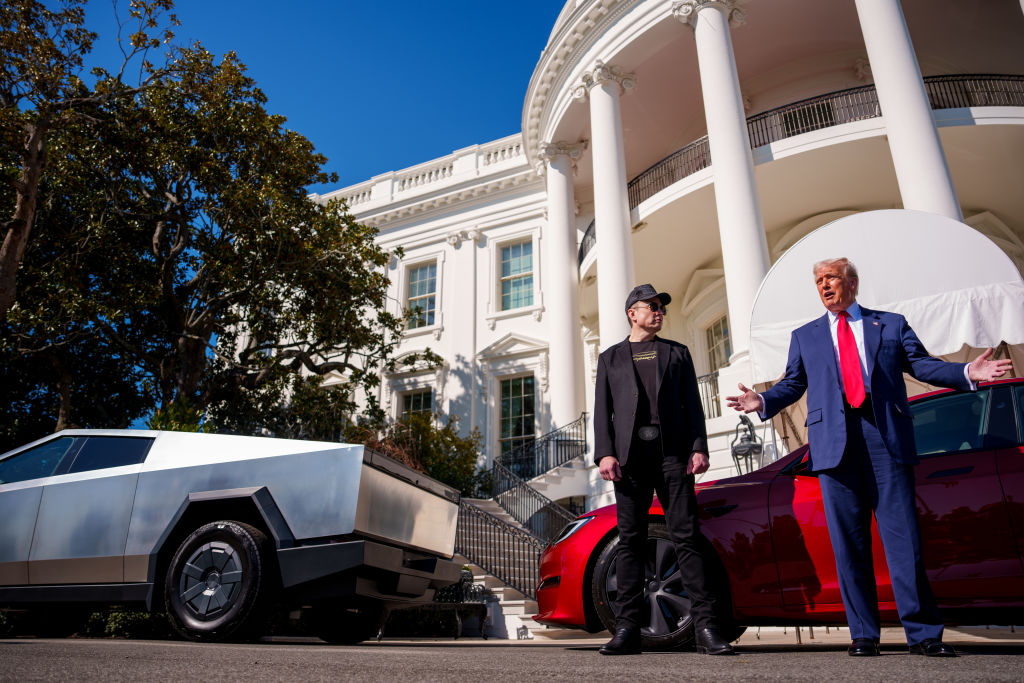Why Elon Musk's bitcoin U-turn caused a crypto crash
Elon Musk's announcement Wednesday that Tesla would no longer accept bitcoin as a payment for purchase of its vehicles caused investors to hit the breaks on the booming cryptocurrency market.
Musk said his decision had to do with bitcoin's growing environmental concerns, but some questioned whether that was really the case, considering that Tesla's core products are environmentally friendly electric cars and solar energy panels and it is no secret that mining bitcoin through massive amounts of computer power is an energy-intensive enterprise.
The result was a swift plunge Wednesday night in cryptocurrency prices that equalled hundreds of billions of dollars in losses for investors and other holders of digital currencies. Despite Musk's announcement, Tesla said it planned to hold onto its investment in bitcoin, which was valued at about $1.5 billion at the end of March.
Tesla's profits hit $438 million in the first three months of the year — the most the company has ever earned in a single quarter. But nearly a quarter of those profits, or $101 million, came from selling a portion of the company's stake in bitcoin.
"We are concerned about rapid increasing use of fossil fuels for bitcoin mining and transactions, especially coal, which has the worst emissions of any fuel," Musk said on Twitter. He added that cryptocurrency is a "good idea on many levels" but its promise cannot come at a "great cost to the environment."
The price of bitcoin tumbled nearly $9,000 to just over $46,000 on Wednesday night, shortly after Musk's announcement. Other digital currencies dropped as well. The price of ethereum fell about 12%, or $500, to around $3,700, as of late Thursday. In all, Musk's single tweet erased as much as $365 billion in value from the cryptocurrency market, according to CNBC's calculations.
Some of those losses, though, were quickly recovered. By midday Thursday, the price of bitcoin had rebounded to nearly $49,000. But Musk's announcement has unearthed a clear risk for bitcoin investors that may put a speed bump in what seemed to be a fast-moving evolution of the currency.
Much of the recent run-up in the price of bitcoin has been based on the idea that large companies would soon adopt the cryptocurrency, not just as a means of payment but also as a safe place to store cash. Tesla's disclosure in February that it had invested around $1.5 billion in bitcoin and that it soon planned to begin accepting the digital currency as payment for Tesla vehicles only played into that belief.
Indeed, the price of bitcoin was just over $37,000 back in early February when Musk disclosed his company's bitcoin investment. The price rose about 70% in just six weeks to a high of just over $63,000. At the time, Dan Ives, an influential tech analyst at Wedbush Securities, called Tesla's move a "game changer" for bitcoin. Ives went on to suggest that other car makers would have to start accepting bitcoin in order to compete. Tesla's move could even have a "ripple effect across corporations around the globe," with more companies adopting bitcoin as a safe place to store their cash, he argued.
What's more, at a time when people are worried about inflation, the idea of storing your cash in something other than dollars that appears to be more inflation-proof seems to make sense.
Ives predicted that not more than 5% of the companies in the S&P 500-stock index were likely to put some of their money into bitcoin in the next 18 months. But, he said, its adoption could move "markedly higher" from there.
And even 5% of big U.S. companies investing in the cryptocurrency would translate to a lot of money. The companies that make up the S&P 500 currently have about $1 trillion in cash. Five percent of that would be $50 billion, more than enough to push up the price of bitcoin — which has a total market value of $900 billion — considerably higher.
Musk's retreat doesn't change that trajectory, as the adoption of bitcoin and cryptocurrencies in general is continuing to grow. In March, Federal Reserve chairman Jerome Powell said he believes there could be value in the Fed developing its own digital currency, though he also said the bank has no plans to do that anytime soon. Payments processor Square has also invested money in bitcoin. Earlier this year, Mastercard said it, too, would begin processing bitcoin payments.
There are also a growing number of investment services tied to bitcoin. Banks, exchanges and financial advisers are mapping out ways for investors to more easily invest in cryptocurrencies. Executives at mutual fund giant and 401(k) provider Fidelity have said they believe bitcoin is past the tipping point, and that adoption will continue.
That said, the Musk U-turn, and its immediate effect on the digital currency prices, could slow things down for the crypto craze. At the heart of cryptocurrency adoption is the belief that it can become a safe place to store cash. Yet Wall Street has long equated risk with volatility. Bonds are viewed as less risky than stocks because their prices are more stable, for instance. Cryptos are anything but stable: The $50,000 swing in the price of bitcoin so far this year — $30,000 up and $20,000 down — could perpetuate concerns that cryptocurrency is, at least for now, unreliable.
"Tesla accepting transactions [in] bitcoin was viewed as a major step for the crypto market," Ives wrote in a note to clients on Thursday. "Musk's reversal will have a short-term negative impact on bitcoin and the crypto landscape as the market digests this confusing news from one of its biggest supporters."
The Associated Press contributed reporting to this piece.



